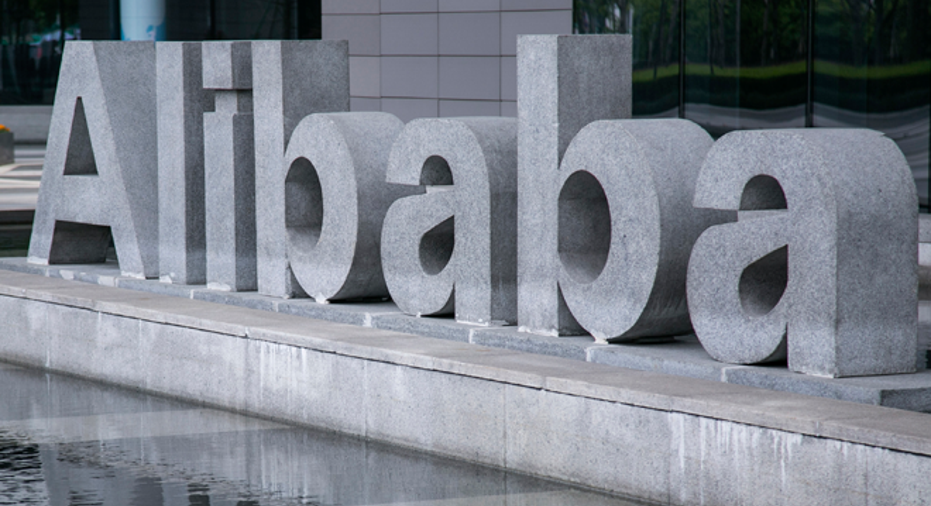Alibaba IPO Poses More Than the Usual Risks To Retail Investors

Alibaba is poised to become possibly the largest initial public offering in U.S. history when it prices tonight and debuts as a publicly traded stock tomorrow on the New York Stock Exchange.
There are plenty of reasons for retail investors to steer clear of this deal, even more in fact than the two other recent high-profile Internet IPOs, Facebook (NASDAQ:FB) and Twitter (NYSE:TWTR).
In the first place, analysts have cautioned that Alibaba, a huge Chinese e-commerce company, poses unique risks for investors because it’s headquartered in China, where financial regulations and securities laws are quite different than in the U.S.
“Alibaba already has multiple strikes against it, which makes for a massive risk for retail investors,” says Chicago-based securities lawyer Andrew Stoltmann. “Poor ownership structure of the company likely will give shareholders very little say in the management.”
Stoltmann added: “Investing in any Chinese-based company, even ones listed on American exchanges, poses additional risks. An ABC News investigation found more than 100 China-based companies have been de-listed, have left NASDAQ and New York stock exchanges, have been denied listing, or have withdrawn applications, all following allegations of fraud or accounting irregularities.”
All High-Profile IPOs Pose Risks to Retail Investors
On top of those hazards unique to Alibaba, all high-profile IPOs pose huge risks for retail investors.
Demand for Alibaba’s shares has been intense, as evidenced by the company’s announcement earlier this week that it was raising the expected IPO price range to $66-$68 per share. When media attention sharpens and demand intensifies for any new stock offering it raises the likelihood of a large bump in the price of the stock after it debuts on the open market. The likelihood of that early bump in the stock price should scare off any and all retail investors.
The vast majority of shares in a hot IPO such as Alibaba are sold to well-placed institutional investors prior to when the shares debut on a public stock exchange. Only a small portion of those shares are generally set aside for retail investors. If the Alibaba shares price as expected at $68, the high end of their price range, that’s what all those well-placed institutional investors and the handful of lucky retail investors will pay for their shares.
Investors who didn’t get in on the IPO ahead of the initial pricing -- which is to say the vast majority of investors -- will have to pay whatever the going price is generated by demand after the stock begins trading publicly.
The fear is that a popular deal like Alibaba could generate a huge amount of early demand, which could push the price up to say $100, at which point a lot of early investors will start selling in order to reap a tremendous profit. But anyone who bought near that $100 point is going to get badly burned.
Consequently, retail investors still determined to get in on the Alibaba deal should make sure they avoid the mistakes of past chasers of high-flying Internet IPO stocks. Specifically, retail investors who find themselves unable to buy Alibaba shares at the IPO price should avoid at all costs placing market orders for the stock that are meant to be executed immediately after the shares debut.
Limit Orders, Not Market Orders!
A market order locks the buyer into purchasing the stock at whatever price the investors’ broker can get it filled. So if the price hypothetically surges to $100 in the first few minutes of trading, and the broker can’t get in to buy until it reaches that price, that’s the price the purchaser will pay.
Then God help the retail investor who paid $100 per share if the price starts to fall after the immediate rush of demand fades. They’re stuck with those high-priced shares and their losses could be considerable.
Let’s put some numbers to this scenario: If a retail investor puts in a market order expecting to pick up 100 shares of Alibaba at, say, $75, or about 10% above the IPO price, the total amount they intended to spend would have been $7,500. If that market order gets executed instead when the stock hypothetically soars to $100 that investor would be on the hook for $10,000. If the stock then fell to say $80 by the end of the day that investor would already be out $2,000.
Meanwhile, all the early investors who got in at $68 made a nice profit for themselves.
Instead, investors determined to buy Alibaba shares ahead of Friday’s IPO should place a limit order with their broker which states that the trade can only be executed at a certain price. If for whatever reason the trade can’t be executed at that price, the trade doesn’t happen. While a limit order doesn’t guarantee that an investor will get his shares, it does guarantee the investor won’t buy the shares at a price far exceeding his intentions (or bank account).



















